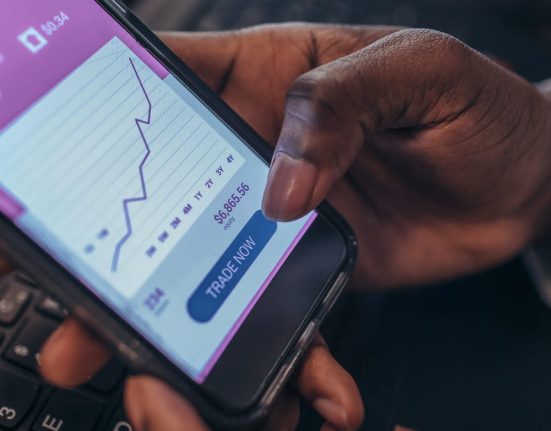- The current timeline to lodge Value Added Tax (VAT) refund claims in the VAT Act (2013) is 24 months from the date tax was due
- Section 32 of the bill, published on parliament’s website, aims to change this provision through amendments, reducing it to 12 months
- If tax payments were made in error, refunds are also given; however, the claim must be submitted within a year
Search option is now available at TUKO! Feel free to search the content on topics/people you enjoy reading about in the top right corner 😉
Japhet Ruto, a journalist at TUKO.co.ke, brings over eight years of expertise in finance, business, and technology journalism in Kenya and globally.
The Finance Bill 2025 has proposed reducing the filing period for Value Added Tax (VAT) refund claims from 24 months to 12 months.

Source: UGC
What’s Finance Bill 2025’s proposal?
The VAT Act (2013)’s Section 17(5)(d) states that any excess tax, or input tax that exceeds output tax, must be paid to the registered person if they request a refund within 24 months of the tax’s due date.
Section 32 of the bill, published on parliament’s website, aims to change this provision through amendments.
This means that the time range for refund applications from the date of the overpayment would be cut in half.
“Section 17 of the VAT ACT is amended in subsection (5) by deleting paragraphs (c) and (d) and substituting thereof with the following paragraph: the registered person lodges the claim for refund of the excess tax within 12 months from the date the tax becomes due and payable,” it reads.
How VAT refund claims are processed in Kenya
If a taxpayer in Kenya has overpaid taxes under any tax law and requests assistance from the Kenya Revenue Authority (KRA), they are eligible for a tax refund.

Source: UGC
Kenyans may choose to offset overpaid taxes against their existing tax debts and future tax obligations, such as instalment taxes and input VAT.
Section 47 of the Tax Procedures Act (TPA) mandates that the taxman must review and resolve applications within 90 days, potentially subjecting them to an audit for further scrutiny.
Part 2 (b) states that if the government’s principal revenue collector does not issue a refund within six months of ascertainment, the overpaid tax will automatically be used to offset the applicant’s outstanding tax debts or future tax liabilities.
If tax payments were made in error, refunds are also given; however, the claim must be submitted within a year.
What are the other suggestions of the bill?
In related news, if passed into law, the new act would exclude pensions from taxes, giving retirees more income.
The government hopes that by eliminating pension taxes, retirees would have more financial security and be able to enjoy their post-work years without having to worry about further tax deductions on their pension income.
The bill also creates a special pension and retirement benefits framework for superior court judges, moving them apart from the general Pensions Act.
Which goods will be tax-exempt?
Additionally, the bill suggests amending the Value Added Tax (VAT) Act and other tax initiatives.
The goal of the VAT Act change is to make some products, such as the raw materials used to make medications, tax-exempt instead of zero-rated.
According to Fred Kimotho, associate director of Deloitte Kenya, commodities classified as tax-free are exempt from output tax.
Source: TUKO.co.ke







